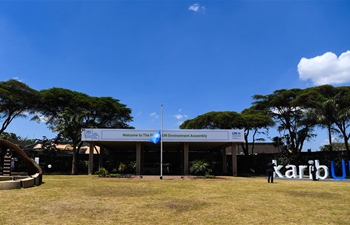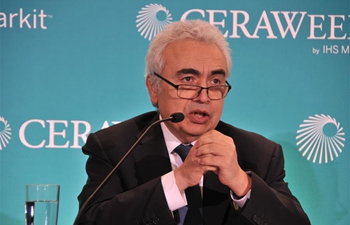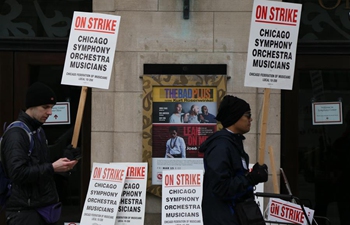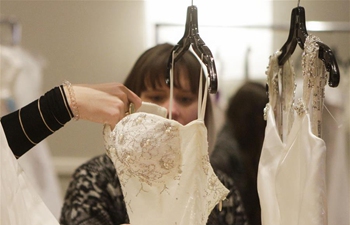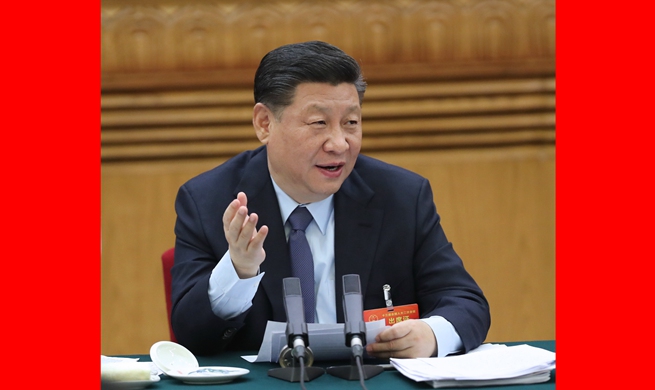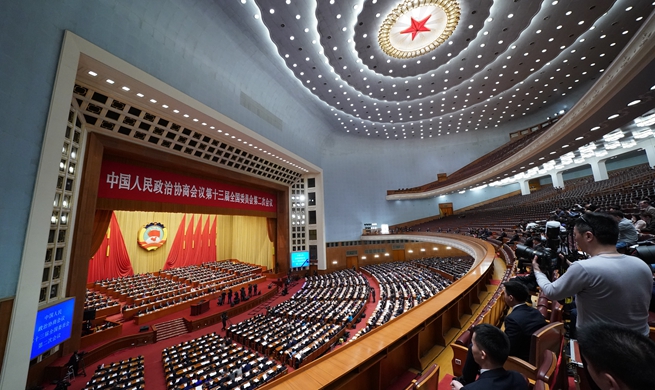UNITED NATIONS, March 11 (Xinhua) -- More than 9,000 representatives from 1,030 civil society organizations across the world have registered to attend the 63rd Session of the Commission on the Status of Women (CSW63), which kicked off Monday at the UN headquarters.
Along with the 17 official meetings that include ministerial round tables, high-level interactive events and expert panels, more than 280 side events hosted by member states and UN agencies, and 400 parallel events hosted by civil society organizations are scheduled to take place.
This is the UN's largest gathering on gender equality and women's rights, and the single largest forum for UN member states, civil society organizations and other international actors to build consensus, renew commitment and agree on better policy solutions, UN Women said in a press release.
"The fact that 740 million women are working with little or no social protection and access to public services, tells us that there is still a giant gap in the way that the women of the world are supported," said Phumzile Mlambo-Ngcuka, UN Under-Secretary-General and UN Women Executive Director.
"This needs investment and policy change that deliberately supplies what is currently missing for women," said the official.
"Around the world, there is a pushback on women's rights," UN Secretary-General Antonio Guterres said while addressing the opening of the CSW63, noting "that pushback is deep, pervasive and relentless."
He called on the international community to "push back against the pushback" and fight for gender parity.
UN General Assembly President Maria Fernanda Espinosa Garces also pointed out that the world "is not doing enough" to guarantee the full participation of women and take advantage of their contributions.
She warned that if the current trend persists, we risk not achieving Goal 5 on gender equality of the 2030 Agenda.
"The world will not be better if we continue to exclude half of its population," she warned.
The session will provide concrete recommendations on the way forward, calling for stronger laws, investments in gender-responsive infrastructure such as transport and urban planning that work for women and girls, expansion of quality public services that are affordable, extension of care services, improvement in women's employment opportunities, their working conditions, organizing and collective bargaining rights, and improving data and evidence, said the press release.
The CSW63 will run two weeks and close on March 22.




